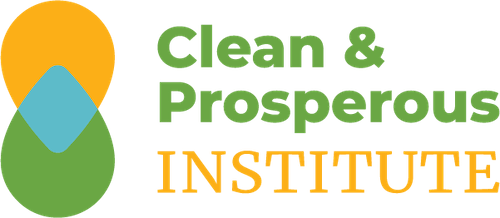Press Release:
Supreme Court Sets the Stage for Legislative Action on System-Wide Carbon Reductions
Legislature expected to continue progress on comprehensive Cap & Invest bill.
Seattle, WA – January 16, 2020 – Today’s Supreme Court ruling restricting the Department of Ecology’s authority to cap greenhouse gas emissions (GHGs) creates a patchwork of regulations that are at odds with effective carbon reduction policy. The legislature can advance a comprehensive solution, covering the full economy to achieve our increasing needs for carbon reduction with fairness and economic efficiency.
The 5-4 ruling negated roughly 80 percent of GHG emissions covered under the Department of Ecology’s Clean Air Rule. However, businesses and manufacturers are not entirely off the hook, as the rule may still apply to many direct emitters.
Last session, Senator Reuven Carlyle introduced a Cap & Invest bill, SB 5981, providing the best opportunity to immediately and comprehensively fix the issues identified by the Supreme Court and avoid patchwork regulations or no action at all.
Senate Bill 5981 would establish an emissions Cap & Invest program for GHGs while aiding low-income households and highly impacted communities. Recent legislative discussions have focused on using program revenues to close the funding gap created by Initiative 976, addressing the nexus between emissions and transportation, the state’s largest source of greenhouse gas emissions.
Using cap revenues paid directly by polluters to distribute benefits widely throughout rural and urban areas follows the lead of California’s successful Cap & Invest program paired with California Climate Investments. The legislation would set a limit on GHG emissions to 40 percent below 1990 levels by 2035, and to 80 percent below by 2050.
The Clean & Prosperous Institute (CaPI) has been at the forefront of efforts to develop this program, crafting bill language and providing expert analysis of policy impacts.
“This is a pivotal moment for the legislature to enact a comprehensive, economy-wide system that can achieve our emission reduction goals and other co-benefits at the lowest possible cost,” said David Giuliani, co-founder of the CaPI. “Cap & Invest is the best tool we have to meet this challenge. We are working with elected officials, local businesses and communities to achieve necessary emissions targets and grow the state’s clean energy economy.”
The CaPI evaluates carbon reduction policies based on the following principles:
- Are economy-wide to meet increasingly stringent carbon reduction goals.
- Are fair, practical and equitable, especially for disadvantaged communities and sensitive businesses
- Generates revenue for carbon reductions, especially in transportation.
- Includes agriculture and forestry embracing the strong potential of rural economies.
About the Clean & Prosperous Institute
The Clean & Prosperous Institute’s proven system design approach delivers the strategic guidance needed to achieve long-term success in reducing greenhouse gases while building an even more powerful economy. CaPI believes in the power of business leadership, bipartisan problem solving, and data-driven public policy. More information at https://www.cleanprosperousinstitute.org/
Media Contact
Samara Villasenor
425-255-0890
[email protected]
